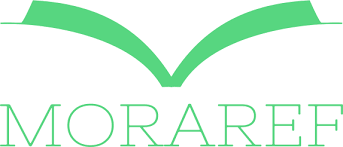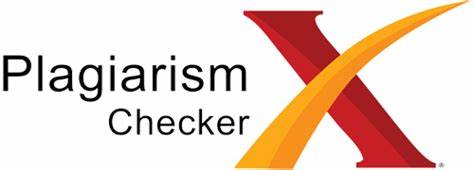AN ANALYSIS OF UNIVERSITY STUDENTS’ ARGUMENTATIVE WRITING: FUNCTIONAL PERSPECTIVE
Abstract
This study aims to investigate the role of SFL theory in teaching academic writing. The present study was to find out what the change of genre awareness of students’ writing. Twenty-two participants were recruited to engage in the process of deconstruction, join construction, and independent construction activities. The findings of study revealed two important aspect in teaching academic writing, thematic Progression in students’ writing and appraisal concept in students’ writing argumentation. Data sources were gathered through student assignments to write argumentative essay. Student assignments were written in 6o minutes with the IELTS and TOEFL writing. Questionnaire and interviews in argumentative writing were given to students. Data were collected from students’ assignment and data were analysed through transitivity and appraisal system (Martin & White, 2015). This finding of the study implies to the language education particularly writing instruction.
Keywords
Full Text:
PDFReferences
Bernstein, B. (1990). The structuring of pedagogic discourse: Class, codes & control (Vol. IV). London: Routledge.
Bhatia, V. (2004). Worlds of written discourse: A genre-based view. London: A&C Black.
Burns, A., Joyce, H., & Gollin, S. (1996). “I see what you mean”: Using spoken discourse in the classroom: A handbook for teachers.
Eggins, S. (2004). An introduction to systemic functional linguistics. London: Pinter.
Fakhruddin, W. F. W. W., & Hassan, H. (2015). A review of genre approaches within linguistic traditions. LSP International Journal, 2(2), 53–68. https://doi.org/10.11113/lspi.v2n2.28.
Halliday, M.A.K., & Matthiessen, C. M. I. M. (2014). An introduction to functional grammar. Oxon & New York: Routledge.
Martin, J. R. (1984). Language, register and genre. In F. Christie (Ed.), Children writing: Reader (pp. 21–29). Geelong: Deakin University Press.
Martin, J. R. (1999). Mentoring semogenesis: “Genre-based” literacy pedagogy. In F. Christie (Ed.), Pedagogy and the shaping of consciousness: Linguistic and social processes (pp. 123–155). London: Cassell.
Martin, J. R., & Rose, D. (2008). Genre relations: Mapping culture. London/Oakville: Equinox Publishing Ltd.
Martin, J. R., & White, P. R. (2005). The language of evaluation (Vol. 2). Basingstoke: Palgrave Macmillan.
Mori, (2017). Using the Appraisal framework to analyze source use in essays: a case study of engagement and dialogism in two undergraduate students’ writing. Functional Linguistics.
Nagao, A. (2017). Longitudinal study of EFL students using the systemic functional linguistics method. International Education Studies, 10(11), 47–62. https://doi.org/10.5539/ies.v10n11p47.
Nagao, A. (2018). A genre-based approach to writing instruction in EFL classroom contexts. English Language Teaching, 11(5), 130–147. https://doi.org/10.5539/elt.v11n5p130.
Rose, D. (2008). Writing as linguistic mastery: The development of genre-based literacy pedagogy. In D. Myhill, D. Beard, M.
Rose, D. (2013). Genre in the Sydney school. In J. Gee & M. Handford (Eds.), The Routledge handbook of discourse analysis (pp. 209–225). London: Routledge.
Sugiura, R. (2017). English language learning of Japanese university students: A qualitative investigation based on narrative frames. Journal of Higher Education, Tokai University (Hokkaido Campus), 16(3), 1–14 Retrieved April 23, 2019, from http:// www.jhe.u-tokai.ac.jp/jhe16_1.pdf .
Swales, J. (1990). Genre analysis: English in academic and research settings. Cambridge: Cambridge University Press.
Syarifah, E. F., & Gunawan, W. (2015). Scaffolding in the teaching of writing discussion texts based on SFL genre-based approach. English Review: Journal of English Education, 4(1), 39–53. https://doi.org/10.25134/erjee.v4i1.306.
Yasuda, S. (2015). Exploring changes in FL writers’ meaning-making choices in summary writing: A systemic functional approach. Journal of Second Language Writing, 27(3), 105–121. https://doi.org/10.1016/j.jslw.2014.09.008
DOI: http://dx.doi.org/10.33603/perspective.v8i2.4373
Refbacks
- There are currently no refbacks.

This work is licensed under a Creative Commons Attribution-ShareAlike 4.0 International License.

.png)








